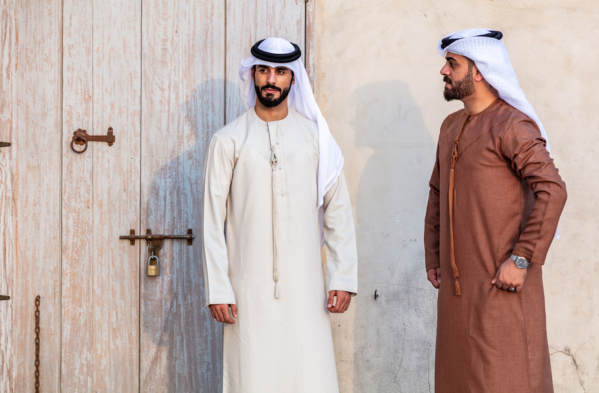









Top Textile Importers In Egypt - The textile industry has long been considered centered in Egypt, a nation rich in history and culture. Egypt has become one of the top locations for textile imports thanks to its advantageous location and well-developed infrastructure.
This blog will examine the top 10 textile importers in Egypt, illuminating their contributions to the sector and the elements that have contributed to their success. These imports, which range from massive corporations to small and medium-sized businesses, are essential to supplying Egypt and other countries with the textiles they need.
Egyptian textiles have a long history that extends back to the ancient Egyptians. The most significant textile produced by the Egyptians was linen, which was initially grown and produced by them. The Egyptians also utilized wool and cotton, but linen was the most popular fabric.
It was coveted for its power, toughness, and breathability. The economy of Egypt nowadays is significantly influenced by the textile sector. Almost 1.5 million people are employed by the sector, which contributes more than 10% of GDP.
In 2022, the Egyptian textile sector produced 1.2 billion square meters of textiles, according to the Egyptian Ministry of Industry and Commerce. This is an increase of 5% from the prior year. Textile exports from the sector reached $1.5 billion in 2022, up 10% from the year before.

Here are the Top Textile Importers In Egypt:
Mr. Mahesh Advani founded Blossom Trading in 1988, specializing in importing fine textile fabrics for use in creating kanduras, an attire worn by Arab males.
A laser-like emphasis on innovation and customer service drove the company's expansion. Blossom Trading is one of the Middle East's major exporters of premium kandura cloth and a reputable brand in the textile industry.
Leading Egyptian textile manufacturer Sharif Company for Textiles and Jeans has operated for over 50 years. The business has its main office in Alexandria, Egypt, and a nationwide network of factories and offices.
Sharif Company's area of expertise is producing denim jeans and other textiles, including shirts, trousers, and skirts. The business employs various materials, such as cotton, linen, and polyester.
Family-run Hesni Textiles has been in business for more than 60 years. The business focuses on creating and exporting premium textiles like cotton, linen, silk, and wool.
In Gesr ElSuez, a significant textile hub in Egypt, Hesni Textiles maintains a branch. Together with a huge selection of fabrics, the shop also provides tailoring and embroidery services. Hesni Textiles is a reputable business with a successful track record.
Egyptian business Gannatex Imp & Export specializes in the import and export of textiles. Cairo serves as the company's headquarters; it was established in 1990. Textiles are imported by Gannatex Imp & Export from some nations, including China, India, and Turkey.
The firm exports textiles to some nations, including the Middle East, Europe, and the United States. Gannatex Imp & Export offers a wide range of textiles, including cotton, linen, wool, and silk.
Textile imports significantly impact the Egyptian economy. They increase the GDP, generate employment, and satisfy the rising textile demand. However, some drawbacks to textile imports include pressure on domestic textile manufacturers and a decline in the nation's foreign exchange reserves.
Imports of textiles have a favorable economic impact on Egypt:
Numerous factors influence Egypt's imports of textiles. These consist of:
Here are some questions about Top Textile Importers In Egypt:
Answer 1. These importers are renowned for offering a wide variety of premium textiles from around the globe that meet the needs of diverse sectors and consumers.
Answer 2. When choosing a textile importer for your company, keep things like product diversity, quality, price, and dependability in mind.
Answer 3. Yes, both importers place a high priority on sustainability and provide options for eco-friendly textiles.
Answer 4. Absolutely! They offer international shipping, which is useful to clients worldwide.










 Request a Callback !
Request a Callback !